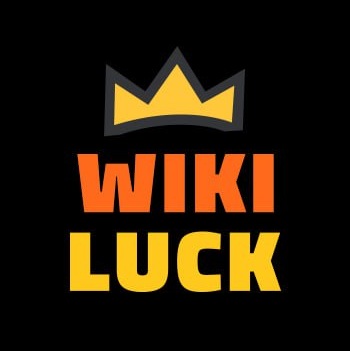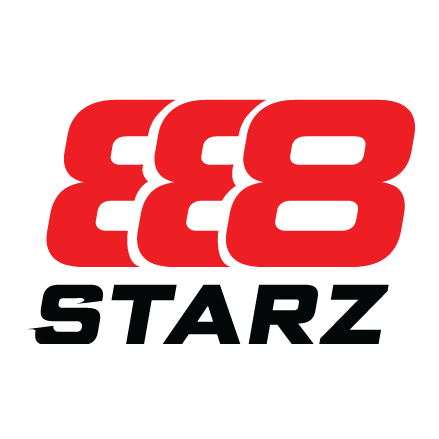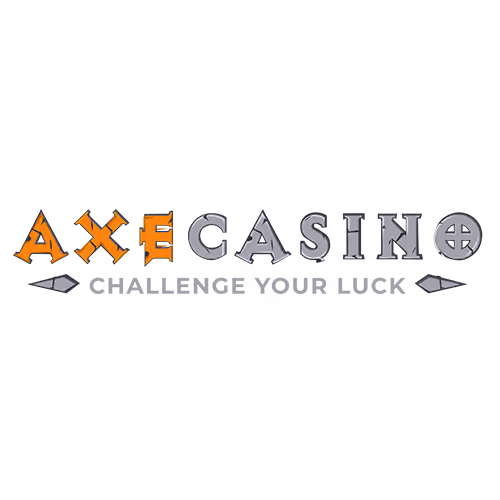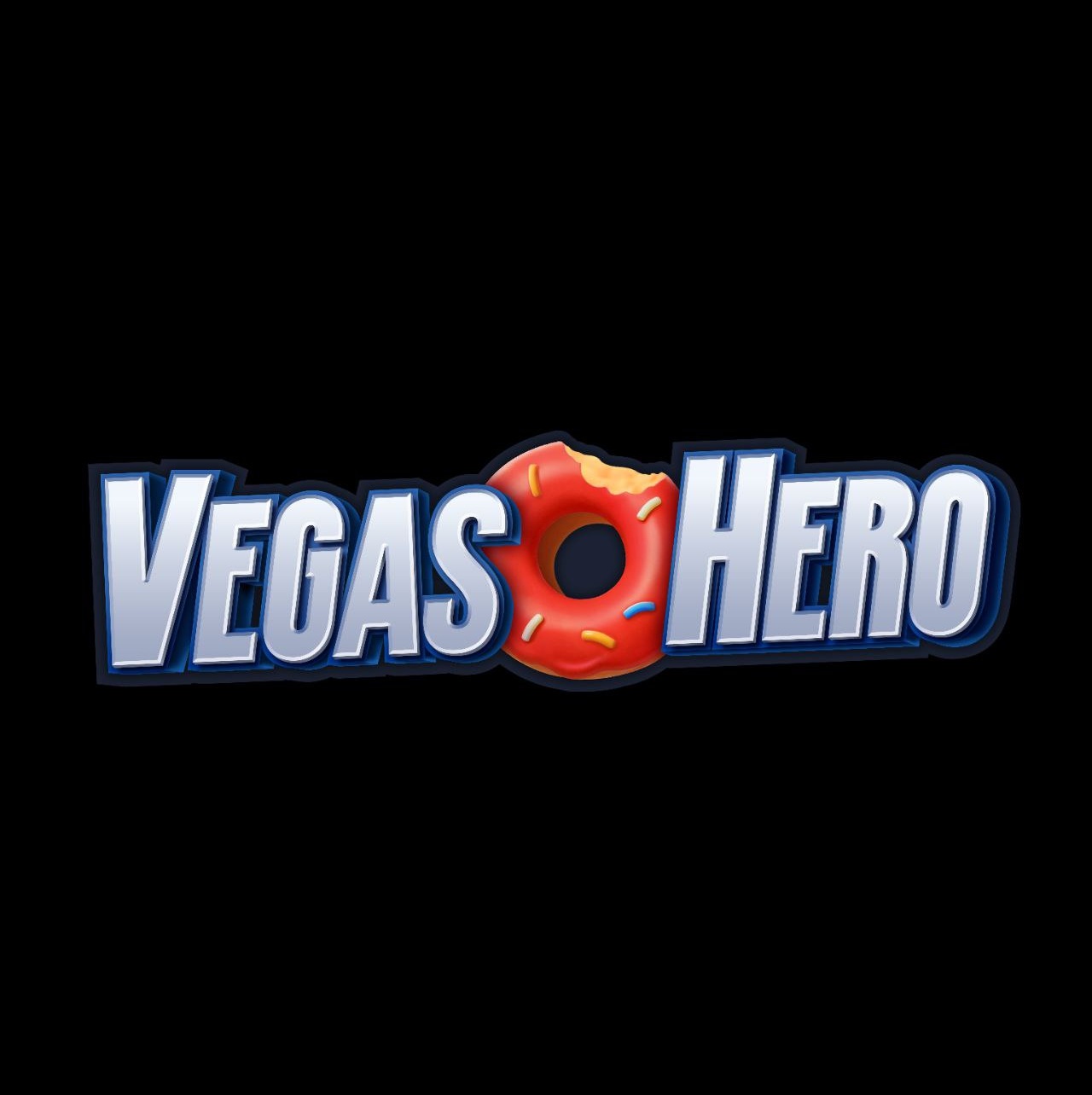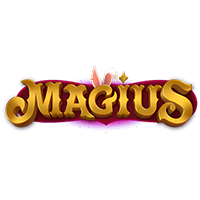Curaçao licensing is like the bargain bin of online gambling regulation – sometimes you find amazing deals, sometimes you get absolute garbage, and it’s honestly hard to tell which until you’re already committed. That’s the reality with Curacao Casinos. They’re not automatically sketchy, but they’re not automatically trustworthy either. Some operate perfectly fine with fast payouts and fair terms, others ghost you the second you try withdrawing. Below, I’ll explain what Curaçao licensing actually means, why it’s so inconsistent, and how to separate the decent operators from the ones using licenses as decoration.
Best Curacao Casinos According to People Who Actually Test Them
When ranking Curacao Casinos, I’m not just checking if the license exists (though plenty fake those too). I’m verifying which sub-licensee they’re under – Antillephone, Gaming Curacao, Curacao eGaming, others – because enforcement varies massively. Then testing withdrawal reliability, complaint resolution, whether they honor their own terms or suddenly invent violations when you win.
These picks have verified Curaçao licenses, tested payout processing multiple times, and confirmed they don’t pull disappearing acts when it’s time to pay. Simple criteria, shockingly hard to find.
How I Test Curacao-Licensed Sites (It’s More Work Than You’d Think)
Testing Curaçao casinos means digging deeper than most licenses because “Curaçao licensed” tells you almost nothing by itself. Need to verify the specific sub-licensee, check complaint history, test payments repeatedly. Most sites skip this – I don’t.
Process:
- Philosophy: Curaçao licenses get extra scrutiny because enforcement is inconsistent. Verify sub-licensee, not just “Curaçao.”
- Testing period: 30-45 days minimum. Multiple deposits, multiple withdrawals, different amounts to see if behavior changes.
- Registration/KYC: Curaçao operators vary wildly – some barely verify, others are strict. Both extremes are suspicious.
- Payments: Core focus. Do withdrawals process as advertised or do delays mysteriously appear? Test at different amounts.
- Bonuses: Check if terms are predatory. Curaçao has fewer regulations limiting sketchy practices.
- Games: Verify providers are legit. Pirated games are more common with loosely regulated licenses.
- UX: License info should display clearly. Vague “licensed in Curaçao” without sub-licensee details? Red flag.
- Security: Verify license through validator, check sub-licensee reputation separately.
- Support: Test complaint resolution. Do they follow sub-licensee dispute processes or ignore them?
- Who reviews: Me, my team. Real money testing across multiple sessions, real verification through Curaçao validators.
What Curacao Licensing Actually Means (It’s Complicated)
Curaçao’s been licensing online gambling since 1996 – one of the oldest jurisdictions doing this. Originally had a master/sub-license system where four companies held master licenses and could issue sub-licenses to operators. That system just changed in 2024 with new regulations (the LOK law), but honestly? Enforcement is still catching up, so most casinos are operating under the old framework while transitioning.
Here’s the thing about Curaçao: it’s cheaper and faster than Malta or UK licensing, with way less regulatory overhead. That attracts both legitimate operators wanting lower costs and sketchy ones wanting minimal oversight. Kinda like how affordable rent attracts both starving artists and meth labs – same price point, wildly different outcomes. The license itself doesn’t tell you which you’re dealing with.
Under the old system (which most current casinos still use), four master license holders issued sub-licenses: Antillephone N.V., Curacao Interactive Licensing (CIL), Curacao eGaming (Cyberluck), and Gaming Curacao. Each has different standards, complaint processes, enforcement levels. Antillephone’s generally considered most reliable – requires actual proof of player complaints, investigates disputes, sometimes forces casinos to pay. Gaming Curacao? Less consistent. The others fall somewhere between.
New regulations supposedly tighten things – direct licensing through Curaçao Gaming Authority, stricter compliance, mandatory local presence, better player protections. But it’s too new to know if enforcement will be real or performative. Right now, “Curaçao licensed” could mean anything from “reasonably trustworthy operator using a cost-effective license” to “offshore site with decorative paperwork and zero accountability.” You can’t tell from the license alone – need to research the specific operator.
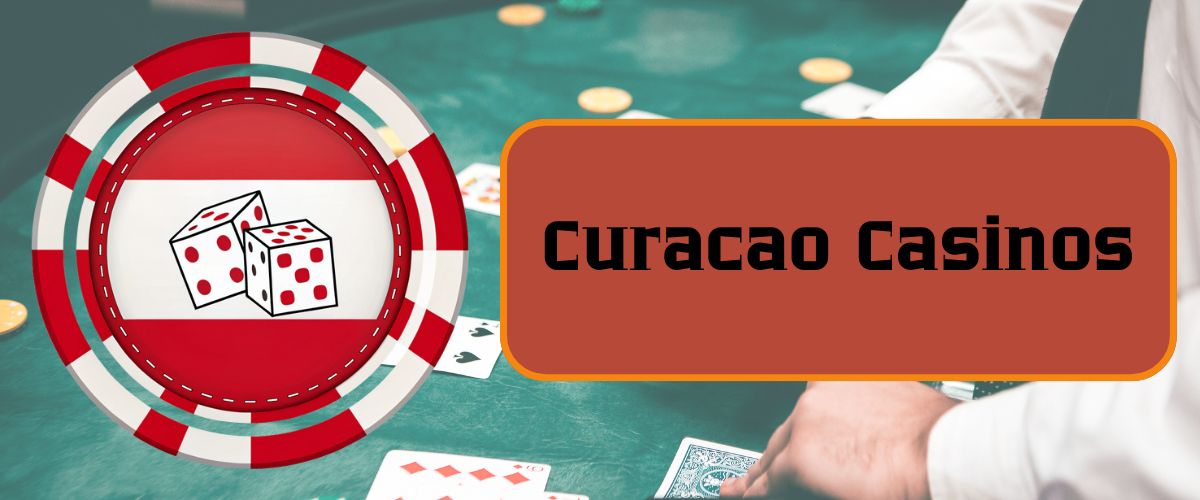
Pros and Cons of Curacao-Licensed Casinos
Curaçao casinos aren’t universally good or bad – they’re a mixed bag where jurisdiction matters less than individual operator practices.
Pros:
- Lower regulatory costs often mean better bonuses and higher RTPs
- Accepts international players more freely – less geo-restriction drama
- Often crypto-friendly with Bitcoin/Ethereum/Litecoin support
- Faster to market – new casinos launch quicker than Malta/UK equivalents
- Less bureaucratic red tape for disputes (when sub-licensee cooperates)
- More lenient on game types – fewer restrictions on volatility or features
- VPN usage sometimes tolerated (operator-dependent)
- Lower tax overhead can translate to better player value
Cons:
- Enforcement varies wildly by sub-licensee – inconsistent protection
- Some operators ignore license requirements entirely
- Complaint resolution depends on sub-licensee willingness to intervene
- No standardized responsible gaming requirements (operator discretion)
- Easier for sketchy operators to obtain licenses
- Less stringent KYC can attract money laundering operations
- Player funds not always segregated – bankruptcy risk higher
- Regulatory actions rarely published – harder to research problem operators
- Some sub-licensees are basically hands-off after issuing license
Honestly? The cons are manageable if you research the specific casino. But that’s extra work most players skip, which is how people get burned.
Picking a Good Curacao Casino Without Getting Screwed
Choosing Curaçao-licensed casinos requires more homework than Malta or UK equivalents because the license alone doesn’t guarantee much.
- Verify the sub-licensee. Don’t stop at “Curaçao licensed” – check which master license holder issued it. Antillephone’s generally safest, Gaming Curacao varies, others are hit or miss. Validate through the specific sub-licensee’s verification system.
- Research complaint history. Search “[casino name] complaints” on AskGamblers, CasinoGuru, forums. Patterns matter – occasional issues vs systematic refusal to pay.
- Test with small deposits first. Fund $20-50, play a bit, attempt withdrawal immediately. If it processes smoothly, casino’s probably legit. If they stall or add surprise verification, you’ve learned cheaply.
- Check game provider legitimacy. NetEnt, Microgaming, Pragmatic Play don’t work with unlicensed operators. If casino claims their games, verify on provider’s partner list. Not listed? Pirated games or fake claims.
- Read terms obsessively. Curaçao regulations don’t limit predatory practices as much. Look for impossible wagering (60x+), max bet traps, vague violation clauses.
- Verify payment processor partnerships. Legit processors (Interac, Skrill, Neteller) vet casinos before partnering. If payment methods look sketchy or you’ve never heard of them, red flag.
- Check how long they’ve operated. Curaçao makes launching casinos easy – fly-by-night operations common. Been around 3+ years with consistent payment history? Better sign than brand new site.
- Look for responsible gaming tools. Not required by Curaçao, so casinos offering deposit limits, self-exclusion, reality checks are choosing to – good indicator of legitimate operation.
- Avoid if: No clear license info in footer, sub-licensee won’t validate, recent mass complaints about non-payment, game providers won’t confirm partnership, terms have obvious traps, been operating less than a year with little review history.
Kinda exhausting, but that’s the trade-off with Curaçao licensing.
When Curacao Licensing Works (And When It Absolutely Doesn’t)
Look, I’ve tested Curaçao casinos that processed $800 withdrawals in 12 hours with zero hassle – clean, fair, just using a cheaper license to offer better bonuses. I’ve also tested ones that stalled a $200 withdrawal for three weeks, claimed I violated max bet rules that weren’t in their terms, then ghosted support emails entirely. Same licensing jurisdiction. Wildly different outcomes.
Difference comes down to operator intent. Some use Curaçao licensing legitimately – lower overhead lets them compete on value while still maintaining standards. Others use it specifically because enforcement is light, betting players won’t verify or pursue complaints. That’s why researching individual casinos matters more with Curaçao than checking which Licensed Casinos category they fall into.
Curaçao works when: operator has multi-year track record, processes withdrawals consistently, responds to complaints through sub-licensee dispute channels, partners with recognized providers/processors, offers voluntary responsible gaming tools. Fails when: brand new with no history, complaint patterns show non-payment, no verified game partnerships, vague or absent sub-licensee details, support vanishes after deposits.
How Curacao Stacks Against “Real” Regulation
Comparing Curaçao to MGA Casinos is like comparing a food truck to a Michelin-starred restaurant – both sell food, one has way more oversight. Malta Gaming Authority requires segregated player funds, regular audits, strict advertising standards, mandatory dispute resolution, published enforcement actions. They don’t mess around – screw up and they’ll suspend your license publicly with details posted online.
Curaçao? Depends which sub-licensee and whether they feel like enforcing anything that week. Some Antillephone-licensed casinos operate with MGA-level standards voluntarily; others under different sub-licensees barely acknowledge complaints exist. There’s no standard – it’s operator roulette.
MGA costs way more to obtain and maintain, which is why smaller operators choose Curaçao. Not automatically a negative – plenty legitimate casinos can’t afford Malta’s fees. But player protections are incomparable. MGA guarantees recourse; Curaçao… suggests it politely and hopes operators comply.
If given choice between identical casinos – one MGA, one Curaçao – I’d pick MGA every time. But if Curaçao casino has better bonuses, been operating smoothly for years, has clean complaint history? I’d consider it. Just with extra verification first, probably a test withdrawal, definitely more skepticism when issues arise.





